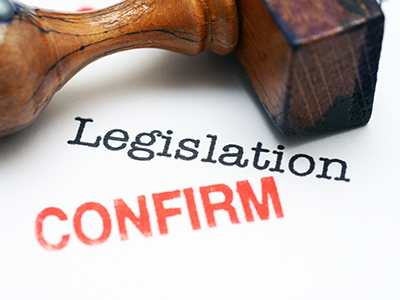
Non-compete agreements have long been used by employers as an effective tool to protect their valuable trade secrets and confidential information. However, employers’ overuse of non-compete agreements and employers’ practice of requiring all of their employees to sign non-compete agreements recently has come under significant attack by federal and state governments. In July, Trade Secrets Watch discussed some of those recent attacks. Since July, there have been a number of additional efforts by government to prohibit the overuse of non-compete agreements.
On August 19, 2016, Illinois enacted the Illinois Freedom to Work Act, which prohibits employers from entering into non-compete agreements with “low-wage employees” and declares such agreements “illegal and void.” The Act applies to employees who earn $13 per hour or less and to agreements that restrict: (1) working for another employer for a specified period of time; (2) working in a specified geographical area; and (3) performing similar work for another employer. Significantly, the Act, which becomes effective on January 1, 2017, does not impact an employer’s ability to continue to enter into non-disclosure and confidentiality agreements with its “low-wage employees.”
In August, New York’s Attorney General (the “NYAG”) announced that it had entered into a settlement agreement with a medical information services provider, which had required all of its employees to enter into non-compete agreements, including non-senior employees who did not have access to trade secrets and who traveled around New York to conduct routine physical examinations, draw blood, and collect bodily specimens for lab testing. Following an investigation by the NYAG under Section 63(12) of the New York Executive Law, which authorizes the NYAG to investigate “unconscionable contract provisions,” the employer agreed to stop requiring its New York employees (other than top executives) to sign non-compete agreements. The NYAG recently has entered into similar settlement agreement with other employers.
These continued efforts by governments should serve as a reminder to employers that, before requiring their employees to sign non-compete agreements, employers should carefully consider on an individualized basis which employees should be required to sign a non-compete agreements. Depending on the employer’s business, a “one size fits all” approach may not be the best approach for entering into non-compete agreements.

